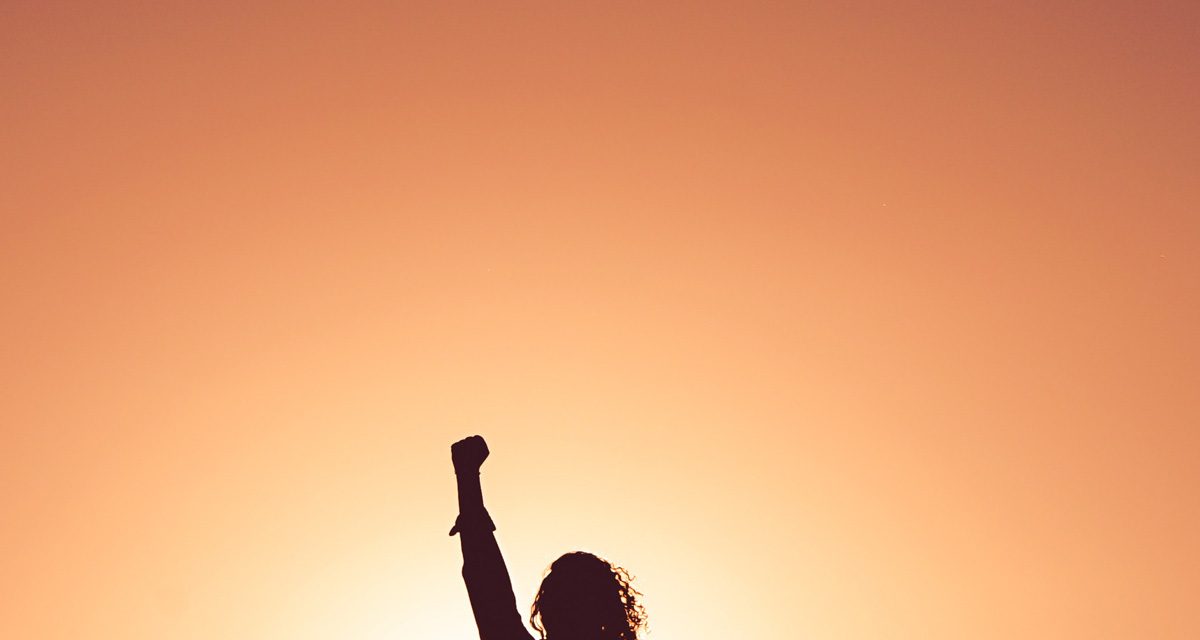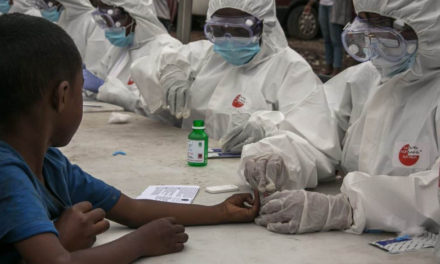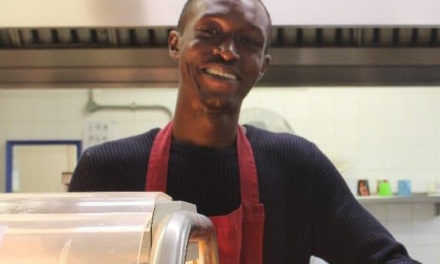Truly Belong takes a snapshot of how International Women’s Day is marked all over the world and what injustices women still face. What began over a hundred years ago as a movement to give women rights at work has morphed into a movement where women come together to protest discrimination in all areas of their lives.
The idea of celebrating International Women’s Day first came about after the Socialist Party of America organised America’s National Women’s Day on February 28, 1909. A year later, the Socialist International met in Denmark and decided that a holiday should be created called International Woman’s Day. In its early years, International Women’s Day was connected with demonstrations in support of working women’s rights.
Since then, the 8th March has evolved into a day when women’s rights are promoted, and feminist issues are discussed. In 1975, it was officially recognised by the United Nations. Truly Belong takes a quick look around the world to see some of the issues women are still facing and what is being done to combat them.
The United States
Since 1980, the 8th March has been official recognised as National Women’s History Week. This was supported by the National Women’s History Alliance and by City Councils and Governors who introduced special programmes in schools across the country to champion female empowerment. Every year, the President makes an official proclamation to honour the achievements of American women.
This year will see events in 35 cities across the USA. In Minneapolis there will be a so-called FeMNist Day, with breakfast events, workshops and a market for businesses owned by women. In Los Angeles there will be a women’s strike, a march, rally and dance party against wars on women, children and migrants.
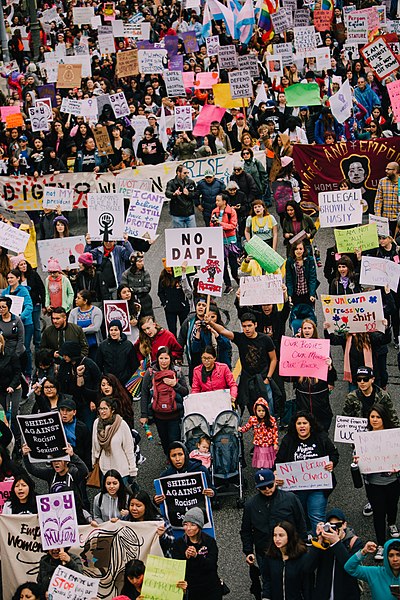
Russia
In Russia, International Women’s Day was first celebrated in 1917, in the form of a female-organised strike. It went on to become a popular public holiday in the Soviet Union. Today in Russia, International Women’s Day has lost any real connection to feminist issues and is mainly about men giving women flowers and complementing them on how good they look. This year, President Putin was photographed on horseback with some female police recruits. The President told them: “What does a young woman need to maintain her figure? Three things: a workout machine, a masseuse and a suitor.”
Russia has some of the worst rates of domestic violence against women in the world, with at least 8,000 Russian women dying every year from injuries caused by their male partners.
Spain
International Women’s Day saw 1,400 rallies across Spain as part of the so-called ‘feminist strike’. The idea is to draw attention to sexual discrimination, violence and the gender pay gap. They are supported by Spain’s socialist government which has 11 women and six men in office.
Feminism is a hot topic in Spain. The last few months has seen the emergence of the far-right party Vox, which has tried to overturn domestic violence legislation, while rewriting Spanish abortion laws to make it more difficult for women to have terminations remains controversial.
United Kingdom
Some of Britain’s best-known actresses, including Dame Emma Thompson and Keira Knightly, are among the 76 influential women who have written an open letter to the Guardian calling for governments around the world to increase support and protection for women.
There has been a lot of noise in the UK press recently about the disparity in pay between women and men at senior levels. The BBC reporter Carrie Gracie resigned from her position as China correspondent because she said she was paid nowhere near as much as her male colleagues for doing exactly the same work.
In order to mark International Women’s Day, the Law Society has released new figures showing the lack of top female lawyers. Although 62.2% of new solicitors were female, only 30.8% of female partners were women. Women fair even worse in the leading FTSE 100 companies, according to an exclusive story in the Guardian. The percentage of women directors on FTSE 100 boards increased from just 27.7% to 29% in the year to June 2018.
But even in Britain, where women are meant to have equal rights to men in all areas of life, they can still face severe levels of discrimination and abuse.
A report in a Bristol newspaper released for International Women’s Day highlighted the harassment women living in Bristol face on a daily basis and could have come from any UK city. The newspaper found that women are routinely sexually assaulted on nights out, with one woman having to report wearing a pair of shorts underneath her skirt.
The newspaper highlighted a recent report by the South Western Ambulance Service. It found that female paramedics had allegedly been physically propositioned, forced to watch pornography and to give sexual favours to male colleagues while at work. The newspaper also reported that female sex workers in the city had been raped, abused and held against their will.
Ireland
In Dublin, an initiative was launched called Inspiring Women, where 1,000 female professionals working across a range of jobs will spend an hour in schools talking to young women (and men) about how to achieve their dream profession.
Ireland made headlines last year when it voted in a referendum to lift a near total ban on abortion. The legislation to give Irish women this right marks a key turning point in the country’s history from a conservative, catholic society to a secular, liberal state.
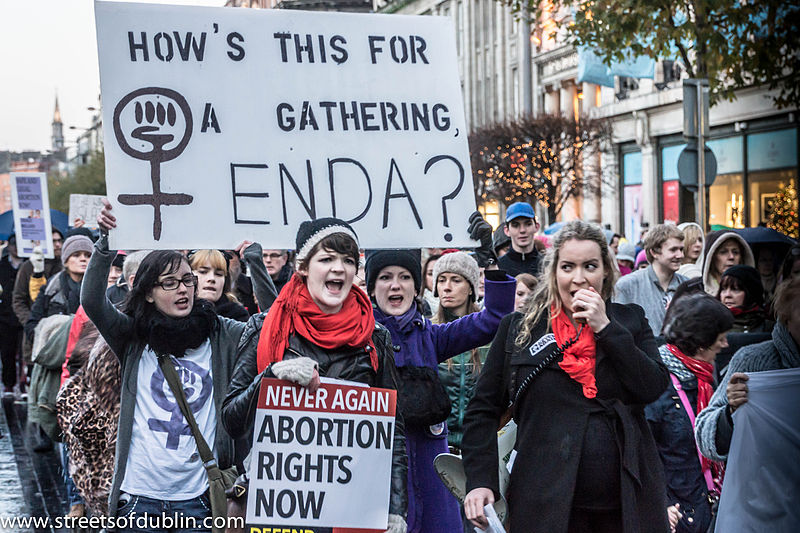
Uganda
Volunteers from Restless Development in Uganda, a youth-led development agency told the Guardian what they were doing on International Women’s Day. Betty, a 24-year-old entrepreneur from Uganda, gave a speech at the National Young Women’s Dialogue in Kampala, the capital, which will bring together women form across Uganda to debate women’s issues. In Uganda, women have traditionally been limited to poorly paid jobs, but not long ago, they were finally given a national minimum wage.
India
Indian women have traditionally had to put up with a lot of discrimination but recently things have started to change for the better. In 2009, India introduced women-only carriages on the Delhi metro because of sexual harassment from men. This year saw the airline Vistara make sanitary products available to women on all its flights. The move comes after the release of the blockbuster Bollywood movie Pad Man in February 2018 about the social activist Arunachalam Muruganantham, who made low cost sanitary pads available to poor Indian women in rural communities. The film and the move by Vistara will help lift the shame that shrouds menstruation in India.
Over the last ten years, we have seen slightly more women in parliament and in the board room, while more women across the world have the right to have an abortion in safety. Although there has been significant progress across the world in women’s rights, much still needs to and can be done.
]]>
- Why is California So at Risk from Wildfires? - 13th November 2019
- Carbon Offsetting is Growing but Does it Make a Difference? - 11th November 2019
- Three Confirmed Dead as Australia Prepares for “Catastrophic” Bushfires - 11th November 2019

